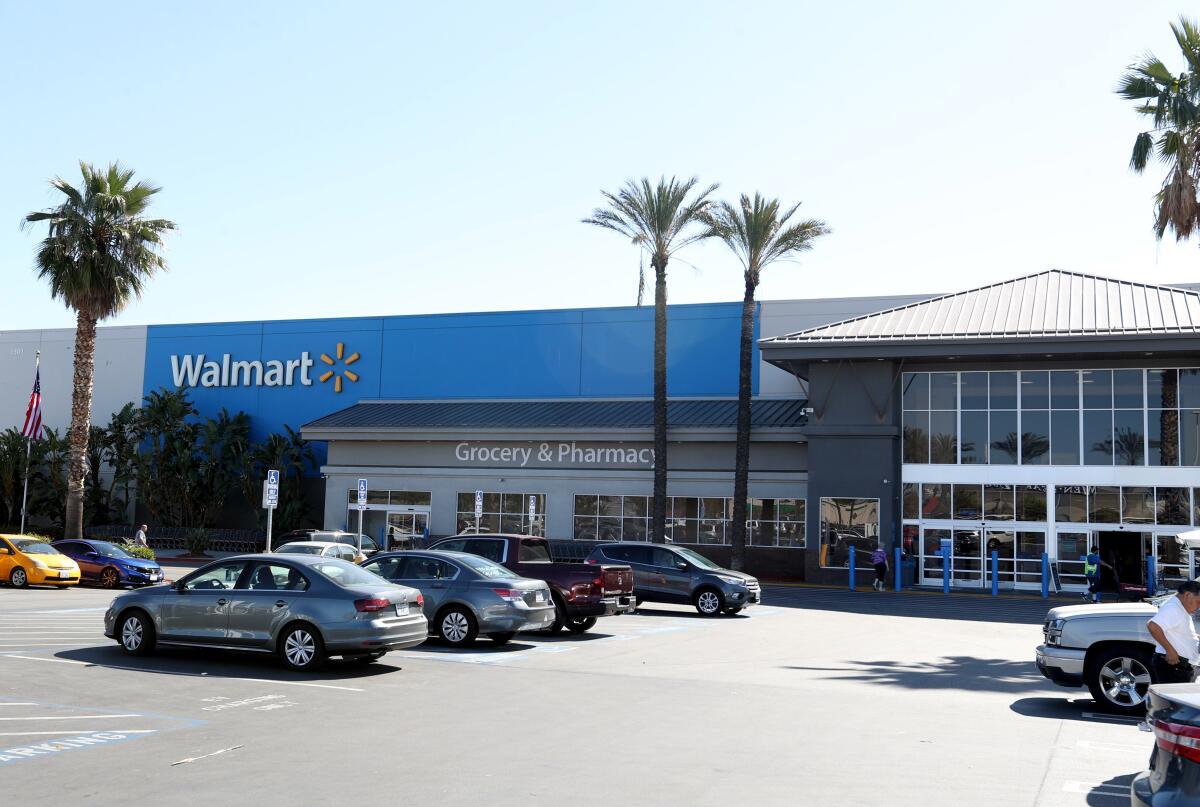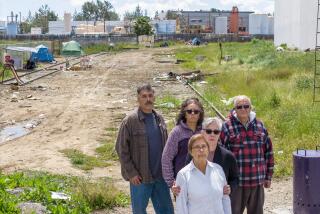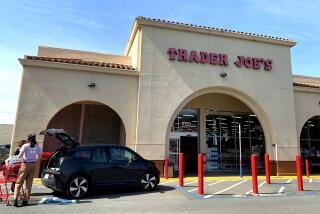Walmart sued for alleged dumping of hazardous waste in California landfills

A lawsuit filed by the California attorney general and a dozen district attorneys alleges Walmart has dumped nearly 80 tons of hazardous waste, plus confidential customer information, in California landfills each year over the last five years.
The lawsuit, filed Monday in Alameda County Superior Court, accuses the nation’s largest retailer of dumping lithium batteries, insecticide, aerosol cans, cleaning supplies, electronic waste, paint and LED lightbulbs as well as confidential customer information in landfills throughout the state from more than 300 Walmart stores.
The lawsuit asks a judge to impose unspecified financial penalties against Walmart, which generated nearly $560 billion in revenue in the fiscal 2021.
In a statement, a Walmart spokesperson called the lawsuit “unjustified” and said the company has been meeting the obligations of a 2010 court-supervised settlement to better manage how it disposes of waste.
“The state is demanding a level of compliance regarding waste disposal from our stores of common house-hold products and other items that goes beyond what is required by law,” said the spokesperson Jacquelyn Cook. “We intend to defend the company.”
She added that Walmart is not aware of evidence behind the allegations that customer information has been disposed of improperly. “We take our customer information seriously and have processes in place to protect it,” Cook said.
In response to a civil enforcement action imposed by the state in 2010 over Walmart’s disposal of bleach, pesticides, and other hazardous waste, Walmart agreed to a stipulated resolution that included paying $24.6 million in penalties and a commitment to halt the unlawful dumping of hazardous waste in California landfills, according to the lawsuit.
That case was sparked when an investigator from the San Diego County Department of Environmental Health spotted a Walmart employee dumping bleach down a drain.
The lawsuit filed Monday alleges that nearly 60 inspections of Walmart trash compactors in 13 counties, dating to 2015, continued to find hazardous waste, medical waste and “customer records with personal information.”
The hazardous waste had been generated by the retail stores, Walmart pharmacies, auto repair centers, claims departments and battery and used cell phone collection boxes, according to the lawsuit. It also came from customer-facing trash bins, new-store or store-remodeling construction debris bins and from products that broke or spilled, as well as items that were so damaged they had to be tossed, the lawsuit says.
The lawsuit does not detail what type of customer information was disposed of in the landfills but says state law requires businesses to make such information unreadable before discarding.
“When one person throws out a battery or half-empty hairspray bottle, we may think that it’s no big deal,” state Atty. Gen. Rob Bonta said in a statement. “But when we’re talking about tens of thousands of batteries, cleaning supplies, and other hazardous waste, the impact to our environment and our communities can be huge.”
Meredith Williams, director of the state Department of Toxic Substances Control, also took a shot at Walmart.
“Despite repeated enforcement actions against Walmart over the past two decades, it consistently, and knowingly, fails to comply with California’s environmental protection laws,” she said in a statement.
Walmart says it has been meeting the obligations of its 2010 hazardous waste settlement for many years but now the state is imposing a tougher set of rules for the retail company.
“The Attorney General’s office launched a new investigation with new rules in hopes that Walmart would enter another settlement requiring another substantial financial payment,” said Cook, the company spokesperson.







